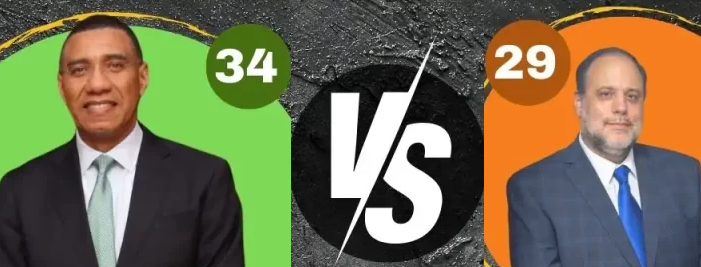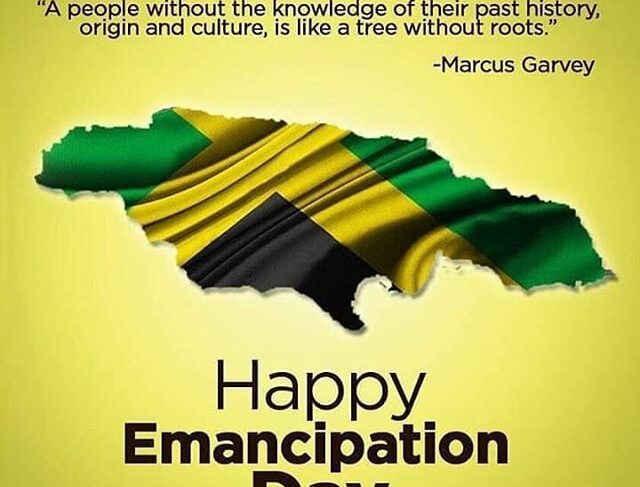Is the crime plan working? This is an interesting question, given we have, after some delay, got the crime plan long spoken of by the PM. To no one’s surprise, the crime plan is the utilisation of states of emergency (SOEs) as a policing tool, the passage of tougher legislation, the further expansion of the powers of the police and the forcing the hand of the judiciary when it comes to sentencing guidelines, even as the Government has been at pains to say that it is not dictating to the august and independent body.
Now, it has not been lost on anyone who has been listening that our PM has affection for the actions taken in El Salvador. He has said as much, when declaring an SOE. He was at pains to not only point to El Salvador using extended SOEs, but has also pointed to the ‘successes’ of the actions taken there.
El Salvador, like Jamaica, has a serious crime problem. It is no secret that it had the highest murder rate and is home to the notorious MS13 gang. What is not so well known is that the gangs there, like ours, didn’t spring up spontaneously, and that like ours they can trace their origins to the ugly US past and present in the region.
Our gangs trace their origins back to US interference in the 70s, while El Salvador traces theirs back to the children of refugees from the El Salvador civil war and genocide which was sponsored and authored by the US.
These children living in ghettos and inhuman conditions (much like the kids who become gangsters here) formed gangs. These gangs were violent, these people were arrested, these people were deported to El Salvador thereby creating the monster which El Salvador became.
Our PM firmly believes, much like the Salvadorian president, that the only way to deal with the issue is by locking up en mass the gang members, something which invariably means that innocent people are affected, but they don’t matter because they are poor and that is already an indicator of a probable criminal.
Our PM has so far been forced to enact a light version of what El Salvador has done, and he laments the fact that he cannot use more force while stating that if he could use more, then more lives would be saved.
However, the stats don’t back this up.
An article carried by the Trinidad Guardian noted that according to the World of Statistics (WOS), Trinidad is the 6th most crime-plagued country in the world. Interesting, but not why I brought it up, though it does highlight the fact that this is speaking of crime and not just murder. I bring up the article because in a nice little tiered list, it names and provides the crime stats for the worst ranked countries in the world.
The list is as follows;
Venezuela (83.76)
Papua New Guinea (80.79)
South Africa (76.86)
Afganistán (76.31)
Honduras (74.54)
Trinidad and Tobago (71.63)
Guyana (68.74)
El Salvador (67.79)
Brazil (67.49)
Jamaica (67.42)
Now, on this list, we see in descending order, El Salvador, Brazil, then Jamaica, all separated by .37 points at the most. It should be noted that some Brazilian states, due to their federal makeup, have enacted policies similar to El Salvador and in many cases harsher.
We could have many conversations about the figure, it shows that harsh actions work. For example, we are, after all, ranked lower, and that could very well be the case. However, the opposite argument could justifiably be made and probably with more standing. We are ranked lower having used less force than El Salvador, Brazil, Honduras, and Afghanistan (which, if we are being honest, is the kind of crime-fighting policy they want), and that should be looked into.
The stats show what many have been saying; things like the zone of special operatons, greatly reformed with more emphasis on social and infrastructure care work a hell of a lot better than simply scraping people off the street for an indeterminate period of time. The fact that Colombia, which has a murderous police force is not listed and is in fact ranked lower than us, is not because they killed all the gangsters. Rather it was because the gangsters’ communities were invested in by the state, rebuilt, made habitable, people educated and provided opportunities. And sure, some didn’t take it and needed to be locked up or otherwise dealt with by said murderous Colombian police officers, but most were not, and it took social care, not boots.
We need to look further into those numbers, ask the question why we have a lower ranking and not simply bleat the line of more boots and draconian laws if we are going to seriously come to a solution for the very real problem which we live with. There is too much at stake to leave this to what a person feels to be true and must use cold, hard facts. That at times means talking and not acting as much as we would like. This is a hard concept for a society raised in the instant-gratification age and even worse for a political class which is winner take all and is all about providing instant gratification in order to stay in office, but it is something we must do.
This throwaway line, this random bit of data needs to become information, studied and debated or we run the real risk of making a bad situation worse.



